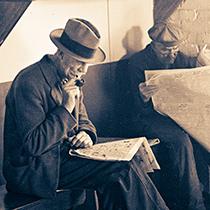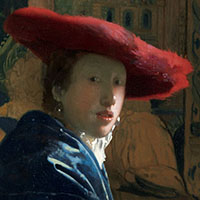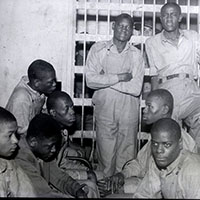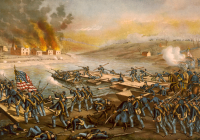Makers: Women Artists in the Early Modern Courts of Europe
Makers: Women Artists in the Early Modern Courts of Europe is a new online resource in development at the University of Alabama in collaboration with the Alabama Digital Humanities Center (ADHC). The goal of the Makers Project is to encourage sustained, interdisciplinary consideration of the role early modern women played in the hands-on production of …
Read more “Makers: Women Artists in the Early Modern Courts of Europe”









